Living with a spouse who struggles with alcohol can feel like you’re carrying a heavy, silent weight. In Michigan, alcohol abuse has become a widespread challenge for families from all walks of life. This struggle doesn’t just affect the person drinking—it profoundly impacts relationships, causing strain, confusion, and a sense of isolation. At Liberty House Recovery Center, we understand how difficult it is to navigate these emotions and are here to help you learn what to do if your spouse is drinking too much. You don’t have to go through this alone.
Understanding Alcohol Abuse and Its Impact on Relationships
Alcohol abuse doesn’t only harm the person drinking—it seeps into the fabric of the entire relationship. If your spouse is struggling with alcohol, it can lead to feelings of frustration, sadness, and helplessness. You might begin questioning the foundation of your marriage or wonder if things will ever return to normal. Your worries are valid, and countless others have faced similar challenges. It’s important to know that your feelings matter, and help is available. There’s hope for recovery, healing, and regaining your partnership’s strength.
How to Recognize if Your Spouse is Drinking Too Much
Sometimes, it’s hard to tell when casual drinking has turned into a problem. Alcohol abuse often creeps in slowly, so being aware of the signs can help you take the right steps toward getting help. Here are some signs that your spouse may be struggling with alcohol:
- Increased Tolerance: Drinking more to get the same effects or finding that they are drinking much more than they originally intended.
- Neglecting Responsibilities: Missing work, ignoring family duties, or putting off important obligations because of drinking.
- Changes in Behavior: You might notice mood swings, irritability, or a shift in social circles or hobbies.
- Denial or Secretive Behavior: Downplaying how much they’re drinking or hiding alcohol around the house.
- Prioritizing Alcohol Over Relationships: Drinking becomes more important than work, family, or other commitments.
- Withdrawal Symptoms: Feeling shaky, sweaty, or nauseous when not drinking.
Recognizing these signs early is important for getting your spouse the help they need before things get worse.
Learning What to Do if Your Spouse is Drinking Too Much
It’s natural to want to help your spouse, but it’s important to approach the situation with care and consideration. Here are some steps you can take to support your loved one while protecting your own well-being:
- Educate Yourself About Alcoholism: The more you understand alcohol abuse and addiction, the better prepared you’ll be to support your spouse. Educating yourself can also help you approach the situation with empathy and patience.
- Have an Honest Conversation: Timing is key here. Choose a calm moment to talk to your spouse, expressing your concerns without blame or judgment. Use “I” statements (like “I’m worried about you”) to make the conversation feel more supportive.
- Set Healthy Boundaries: Boundaries are essential for your emotional well-being. Let your spouse know what behaviors are unacceptable and what you are willing to tolerate. Stand firm on your boundaries with love and respect.
- Seek Support for Yourself: Dealing with a spouse’s addiction can be overwhelming. Joining a support group or seeking therapy for yourself can help you cope with your feelings and gain strength.
- Encourage Professional Help: Gently suggest that your spouse seek professional help. This could be through counseling, a support group, or a rehab center. Recovery starts with taking that first step.
Treatment Options for Alcoholism: A Path to Recovery
If your spouse is ready to seek help, there are many effective treatment options available. At Liberty House Recovery Center, we offer a range of programs tailored to your spouse’s unique needs, including:
- Medical Detoxification: Detox is often the first step in recovery. Our medical team ensures that your spouse can safely and comfortably manage withdrawal symptoms.
- Inpatient Rehabilitation: For those who need a structured and supportive environment, our inpatient programs provide around-the-clock care and a comprehensive treatment plan.
- Outpatient Care: If your spouse needs to balance recovery with daily life, outpatient programs offer flexibility while providing continuous support.
- Therapeutic Interventions: Cognitive Behavioral Therapy (CBT) and other therapies are used to address the root causes of addiction and help your spouse build healthy coping strategies.
- Holistic Practices: We incorporate yoga, meditation, art therapy, and other wellness practices to help your spouse heal mind, body, and spirit.
- Family Therapy: Alcoholism affects the entire family. Family therapy helps heal relationships, improve communication, and build a supportive environment for lasting recovery.
Find Hope and Healing Today: Contact Liberty House Recovery Center
No one should face the challenges of alcohol abuse alone. If you find yourself asking “help, my spouse has a drinking problem”, Liberty House Recovery Center is here to help both you and your spouse take the first step toward healing. Whether your spouse is ready for treatment or you’re seeking support for yourself, we’re here to guide you with compassion and understanding.
Our team is dedicated to offering personalized care in a safe, welcoming environment. We understand how difficult it can be to watch a loved one struggle with addiction, and we’re here to support you both on this journey. Contact Liberty House Recovery Center today, and let us help you and your spouse start the path toward a healthier, happier future. Recovery is possible, and together, we can make it happen. You don’t have to do this alone.


